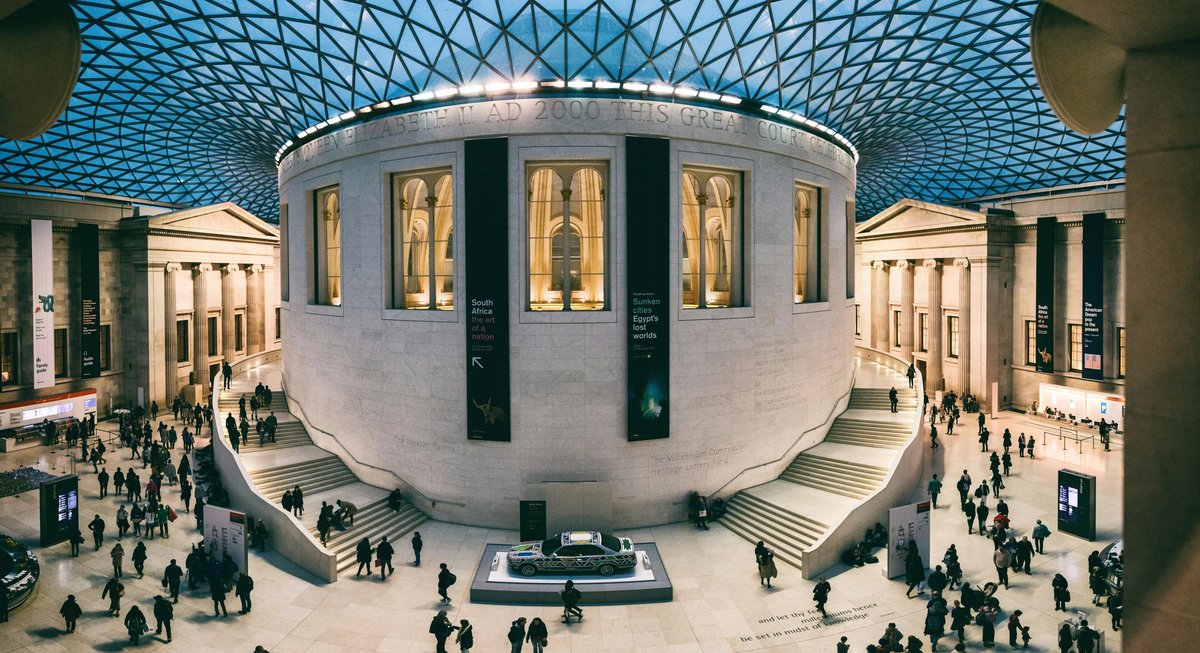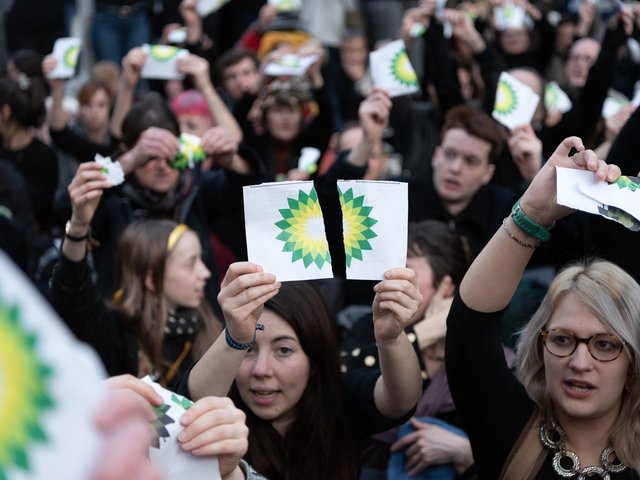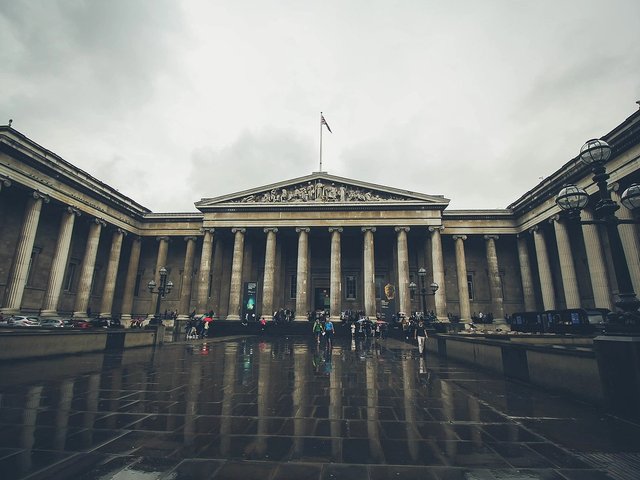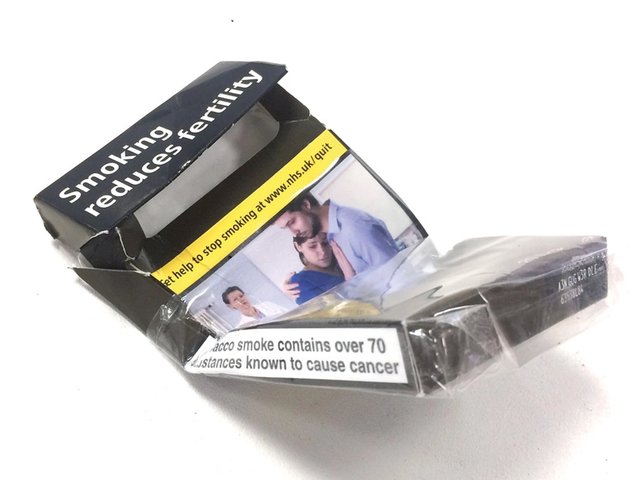The British Museum (BM) has ended its controversial sponsorship deal with the tobacco firm Japan Tobacco International (JTI) after 15 years.
The museum’s contract with the maker of Benson & Hedges, Winston, Camel and Silk Cut expired in September, although JTI’s name was only recently removed from its website. This move coincided with the release of a report by the University of Bath-based Tobacco Control Research Group, which examines corporate influences on health. The report described the sponsorship deal as a key part of the tobacco firm’s lobbying strategy.
According to the BM, the decision not to renew the contract was taken independently by its board of trustees. The Times reports, however, that the decision came following conversations between the UK Department of Health and Social Care (DHSC) and the UK Department for Culture, Media and Sport (DCMS).
The DHSC reportedly told the DCMS that the JTI deal could breach the United Nations World Health Organisation’s framework convention on tobacco control, which bars states including the UK from advertising smoking products.
The Art Newspaper understands that the DCMS did share some DSHC guidance with the BM. This guidance states that voluntary or non-binding funding to support the work of public authorities should not be accepted directly or indirectly from the tobacco industry, under any circumstances.
A DCMS spokesperson, however has dismissed the claim that the decision was made as a result of government intervention as “categorically untrue”.
“There are clear rules in place for all public authorities that prohibit sponsorship from certain industries, including tobacco,” the spokesperson said. “The decision to end the sponsorship period with a tobacco company was made by the British Museum's board of trustees independently of the government.”
Nicholas Hopkinson, a professor at Imperial College London, who is the chair of the public health charity Action on Smoking and Health, has welcomed the end to the deal. He told the campaign group Culture Unstained: “This outcome is a positive step in ensuring that our national cultural institutions are not accepting money from such an inappropriate source.”
How did the BM use JTI's funds?
The sponsorship deal previously covered the JTI Acquisition Fund, which allocated funds to the acquisition of works, and donated more than 2,400 objects to the museum. JTI also funded a curatorial project post for Japanese material, currently held by Alfred Haft.
Along with its support for the Japanese department, JTI also supported the BM’s Community Partnership Programme, which includes touch-tours for blind and partially-sighted visitors, sign-language tours, LGBTQ tours and tea parties for older and isolated individuals. The funding also supported training for volunteers and staff on issues around access and equality.
A museum spokesperson said: “We are grateful for the support provided by JTI and their sponsorship has now come to an end. The museum operates on public and private funding which ensures the magnificent collection remains free and accessible to the public for centuries to come.
“As a public body we have an obligation to ensure the long-term financial stability of the museum by securing funding from a number of sources. Their support enabled the museum to significantly increase accessibility and engagement with the collection for underrepresented adults.”
The ethical funding debate
The other leading UK visual art institution that continues to be sponsored by JTI is London’s Royal Academy of Arts (RA), which does not receive government subsidy. JTI is currently a Premier Level corporate member of the academy.
An RA spokesperson says: “[The RA] relies on support from a range of sources to supplement its own revenue generating operations, including corporate sponsorship, donations from individuals, grants from trusts and foundations as well as support raised from the Friends of the RA.”
Tate meanwhile rejected tobacco sponsorship in 1991. Recently uncovered minutes from a trustee meeting of the time reveal that the gallery “should not accept sponsorship from companies whose main area of business is the production and sale of tobacco”.
The debate around ethical funding for museums continues against the backdrop of new guidance from the UK Museums Association, approved on 7 October. The document states that museums should: “Transition away from sponsorship from organisations involved with environmental harm (including fossil fuels), human rights abuses, and other sponsorship that does not align with the values of the museum.”
JTI was approached for comment.





